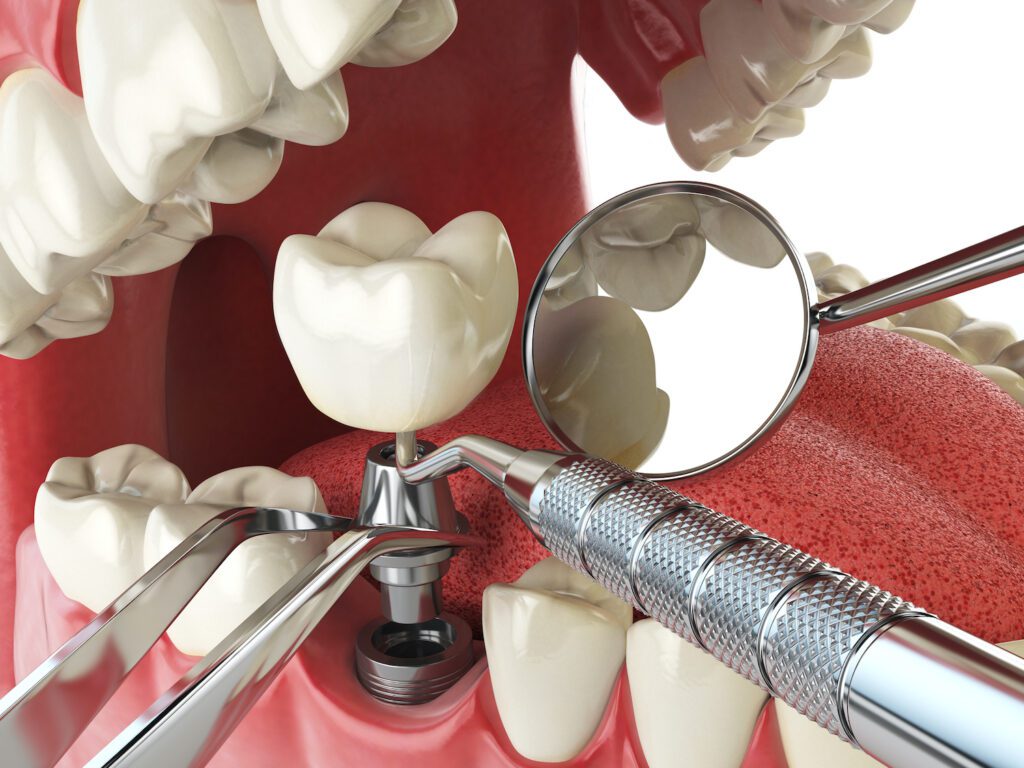Choosing the right dental procedure is key if you want to improve and maintain your oral health. When you have missing teeth, you could be putting your mouth at risk for further dental complications. Dental implants in Cadillac, MI, are just one possible treatment method that could restore your bite after tooth loss. While they have the most benefits for jaw strength and support, they may not always be the right option. Before starting treatment, your dentist will do a thorough examination of your bite to determine if implants are right for you.

Things to Consider When Getting Dental Implants in Cadillac, MI
While your dentist will often recommend the best treatment for your oral health, it’s still your responsibility to understand the procedure and make the decision right for you. Dental implants are often recommended because they can help improve your jaw function and prevent conditions such as facial sagging. However, there are times when implants aren’t an effective or safe option. Before agreeing to treatment, make sure you consider the following factors.
Your Oral Health
Gum disease and bone density loss are often the most common causes behind a failed or lost implant. Gum disease can lead to weakened gums, which can cause pain and discomfort while the implant site is healing. They can also cause the implant to loosen or fall out. And if you have bone density loss, there may not be enough jawbone support for the implant to integrate properly.
While some minor cases of gum disease or bone density loss could still allow for implants, it’s usually best to seek pre-treatment first. Periodontal therapy could help strengthen your gums for a more comfortable and effective procedure. Bone grafting could help improve the density of your jaw and help the implant integrate properly.
Lifestyle Habits
Another common cause behind implant failure is smoking. The harmful chemicals in a cigar or cigarette could harm the material of the implant post. The sucking motion of smoking could also be a negative factor in the integration process. The more movement your implant experiences, the more likely it is to loosen or fall out. Because implants can take between three and six months to heal, it’s often recommended that patients quit smoking as soon as possible to make the process less stressful.
Medical Health
In some cases, certain medical conditions or medications could make getting an implant difficult. Because implants require surgery, patients who have heart disease or autoimmune disorders could struggle with both the treatment and the recovery. Before starting treatment, your dentist may ask you for your medical records and doctor’s contact information to ensure you are clear for surgery.
If you’re missing a tooth, dental implants could help restore your bite and smile. At Brilliant Smiles Family Dentistry, we also offer a range of restorative options for patients who can’t get implants. Call us today at 231-389-6388 to schedule a consultation and see which treatment could be right for you.
